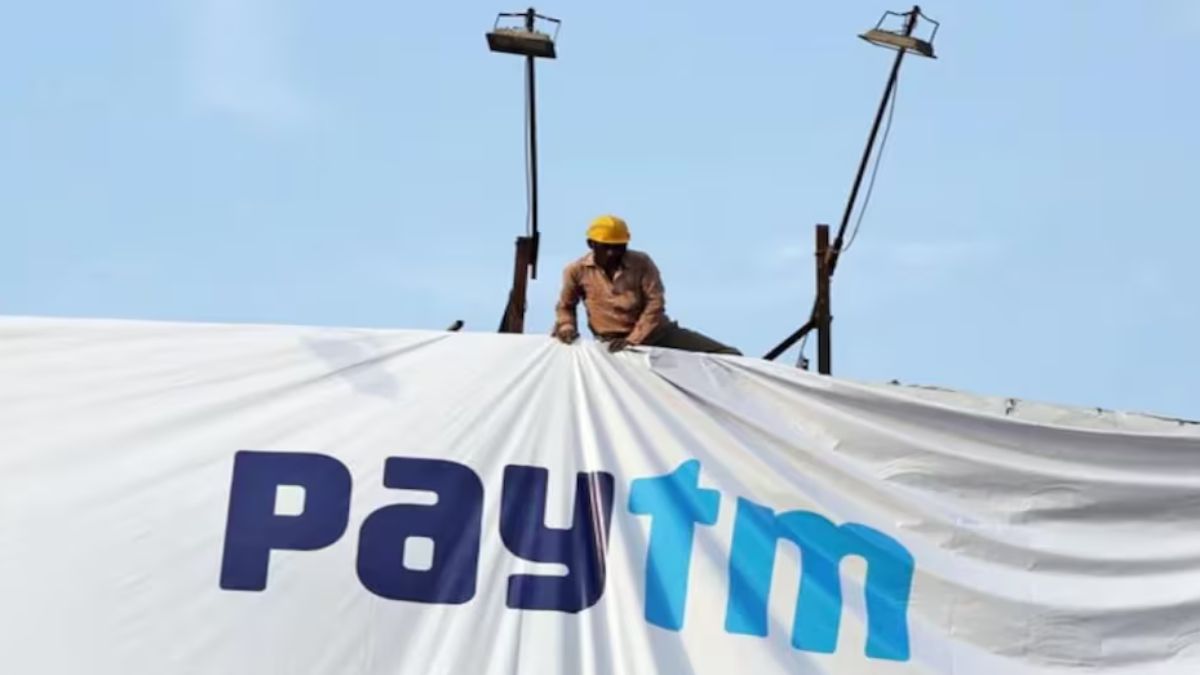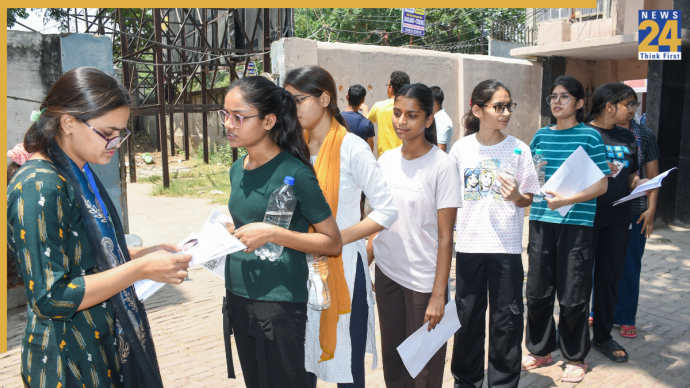Paytm’s roller coaster ride seems far from over. The company’s dream of evolving into a giant insurer has hit a major roadblock. Paytm General Insurance Limited (PGIL) has officially withdrawn its application for a general insurance license from the Insurance Regulatory and Development Authority of India (IRDAI). Switching gears, Paytm will now solely focus on distributing insurance products rather than creating them. Notably, One97 Communications Limited, Paytm’s parent company, had significant plans lined up for PGIL, which is a subsidiary of Paytm.
Saving Rs 950 Crore: A Silver Lining?
One97 Communications had a grand vision of investing nearly Rs 950 crore into the world of general insurance. With the withdrawal of the IRDAI application, this colossal amount remains untapped. Now, One97 Communications plans to channel this money straight into PGIL. May 2022 was when this bold plan saw the light of day, envisioned as a decade-long venture. One97 Communications had even resolved to hike its stake in PGIL from 49% to 74%, with the remainder resting with VSS Holdings Private Limited, founded by Vijay Shekhar Sharma.

Paytm’s journey shifted.
Distribution Model Takes Center Stage
PGIL expressed its pivot to a distribution-centric model for general insurance. This means that instead of gearing up to create insurance products, PGIL will concentrate on distributing them. The primary audience? Paytm users, smaller merchants, and small to medium businesses. PGIL aims to offer insurance for health, life, motor, shops, and gadgets among other products, making insurance accessible even at smaller scales.
A Forced Direction Change
Paytm’s switch from insurance creation to distribution wasn’t entirely voluntary. The company had to muffle its insurance plans partly due to Reserve Bank of India’s imposed restrictions on Paytm Payments Bank earlier this year. Unluckily for Paytm, this situation was a sizable blowback. Besides gearing up to amplify their role in health, life, motor, shops, and gadgets insurance distribution, the company is also navigating through substantial financial hiccups.
In its recent quarterly report, Paytm disclosed suffering a colossal loss of Rs 550 crore—an annual surge of 228% compared to the corresponding quarter last year, which found the company at a relatively lower loss of Rs 168 crore. Moreover, revenue in the fourth quarter also displayed a 3% decrease year-over-year. With such staggering financial figures, it’s no surprise that a redirection became almost inevitable.
This dramatic shift marks a crucial chapter in Paytm’s evolving story. For now, the company’s commitment to insurance distribution could serve as a strategic maneuver to stabilize its financial standing while keeping its users within its ecosystem of services. As Paytm’s journey unfolds, stakeholders and users alike would be keenly watching the next moves of India’s financial giant.
Also Read: WIPO Treaty Marks Significant Victory For India And Global South












